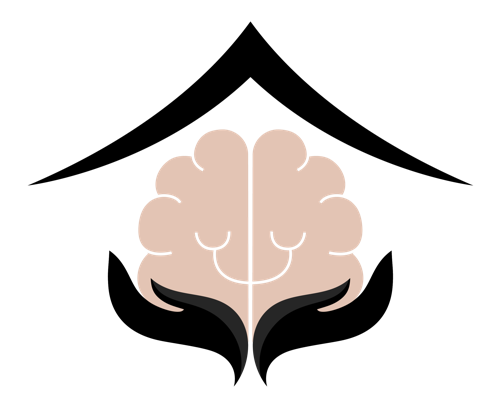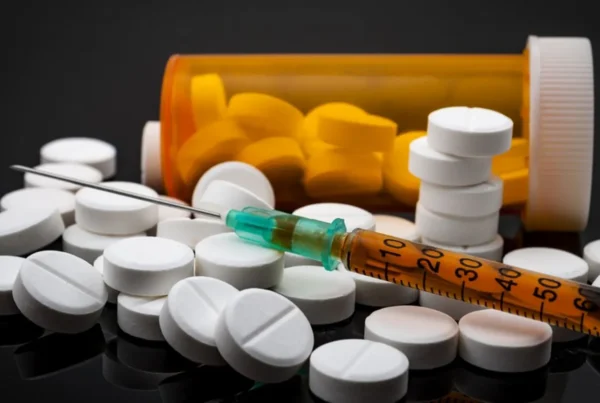Opioid addiction is an issue that affects people in St. Petersburg, FL, and many other places. Unfortunately, myths and misunderstandings about addiction and its treatment can make it harder for people to get the help they need. These misconceptions can also lead to stigma, which keeps individuals from seeking the right support. But when it comes to opioid addiction treatment, knowing the truth is important.
In this article, we’ll address some of the most common myths and clear up the confusion surrounding Opioid Addiction Treatment in St. Petersburg, FL.
Myth #1: Opioid Addiction Treatment in St. Petersburg, FL, is Only for People Who Have Hit Rock Bottom
One of the most damaging myths about opioid addiction treatment is that you have to reach rock bottom before getting help. This myth discourages people from seeking treatment early on, believing they must experience complete devastation before taking action.
The truth is, the sooner someone seeks help, the better the chance they have of recovery. Opioid addiction doesn’t have to take someone to their lowest point before they start seeking treatment. Early intervention, like outpatient counseling, medication-assisted therapy (MAT), and support groups, can help prevent further damage and begin the recovery process.
In St. Petersburg, FL, there are several resources available for those at various stages of addiction. Whether you’ve just started to notice the signs or have been struggling for a while, help is available.
Myth #2: Medication-Assisted Treatment (MAT) Just Replaces One Drug with Another
Another common myth is that Medication-Assisted Treatment (MAT) is simply swapping one drug for another. This misconception can make people skeptical of MAT as a legitimate treatment option.
In reality, MAT is a scientifically backed approach designed to help people manage cravings and withdrawal symptoms while they recover. Medications like methadone or buprenorphine work by stabilizing the brain’s chemistry, making it easier for people to focus on therapy and building healthy habits. These medications don’t get you high. Instead, they help people regain control of their lives and reduce the risk of relapse. MAT is paired with counseling and therapy to address the root causes of addiction.
Myth #3: People Who Struggle with Opioid Addiction Are Weak or Have No Willpower
Some people still believe that addiction is simply a matter of willpower—that people who struggle with opioid addiction just lack discipline or self-control. This is not only false but also harmful. Addiction is a disease. It affects the brain’s reward system and changes how individuals process pleasure and pain.
It’s important to remember that addiction is not a reflection of someone’s character. Many people who struggle with opioid addiction are intelligent, driven, and caring individuals. They’ve simply been caught in the grip of a powerful and complex disease. Seeking treatment doesn’t show weakness—it shows strength and courage.
Myth #4: You Have to Quit Cold Turkey to Beat Opioid Addiction
A common myth is that the only way to recover from opioid addiction is to quit cold turkey. People who believe this often fear the intense withdrawal symptoms that come with stopping opioids suddenly. As a result, they avoid treatment altogether.
The truth is that stopping abruptly can be dangerous. Severe withdrawal symptoms can lead to dehydration, seizures, or even heart problems. Instead of quitting abruptly, medical professionals in St. Petersburg recommend safe, gradual detox programs. These programs provide a supportive space where patients can safely withdraw from opioids under medical supervision.
Myth #5: Opioid Addiction Treatment Only Involves Detoxing
Some people think that Opioid Addiction Treatment in St. Petersburg, FL, is just about detoxing from the drug. While detoxification is an essential first step, it is only one part of the whole treatment plan. Addiction is a multifaceted issue that involves not just physical dependence but also mental, emotional, and social aspects.
Treatment for opioid addiction typically includes a combination of detox, therapy, support groups, and aftercare. Cognitive-behavioral therapy (CBT) helps individuals understand the thoughts and behaviors that contribute to their addiction. Support groups, such as Narcotics Anonymous (NA), offer a sense of community and shared experience. In St. Petersburg, many treatment centers provide a wholesome approach to recovery, addressing both the body and mind for lasting success.
Myth #6: Opioid Addiction Treatment Is Expensive and Out of Reach
Another myth that prevents people from seeking help is the belief that opioid addiction treatment is prohibitively expensive. Many people assume that the costs of treatment are too high, and they may feel they can’t afford the care they need.
The truth is that various treatment options in St. Petersburg can fit a range of budgets. Numerous insurance plans cover addiction treatment, and there are also free or low-cost resources available. Community programs, sliding scale fees, and government assistance can make treatment more accessible. Don’t let financial worries stop you from reaching out. If you’re unsure about the costs, many facilities offer consultations to discuss payment options and find the best solution for your situation.
Myth #7: Recovery Means You Have to Do It Alone
Some people think that recovery from opioid addiction is a solitary journey. They believe that they must face the struggle alone, which can be incredibly isolating.
In reality, recovery is often more successful when it involves community support. Whether it’s attending support groups, participating in therapy, or joining recovery-focused social groups, the key is connection. In St. Petersburg, numerous resources are available to help people build a strong support system during their recovery. Recovery is not a solo endeavor—it’s a collective effort, and many people are here to help.
Conclusion
In conclusion, opioid addiction is a tough battle, but it can be won with the right help. If you or someone you know is struggling with opioid addiction, it’s important to remember that recovery is possible. By debunking these myths and understanding the reality of Opioid Addiction Treatment in St. Petersburg, FL, you can make well-informed choices about your next steps.
Reach out to us if you’re looking for compassionate and professional support on your path to recovery



